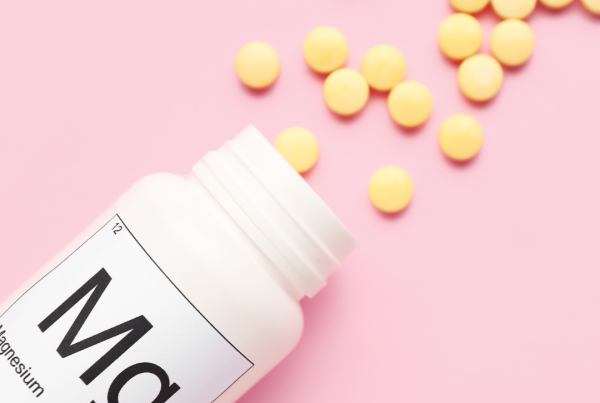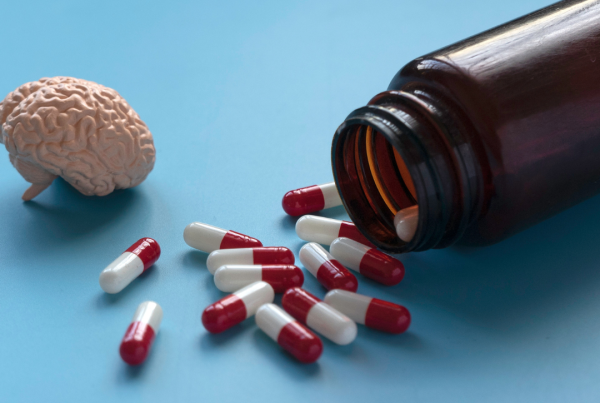Many of my patients have Diabetes, “prediabetes” or insulin resistance. I can encourage patients all day to limit carbs, follow an American Diabetic Association d or Mediterranean diet, and exercise. But, with busy lifestyles and activity tolerance sometimes that may not always be achieved. Glucose feeds bad bacteria, alters your microbiome and makes you more susceptible to cancers, Alzheimer’s along with kidney problems, heart disease and stroke. It is really important to tackle this problem from many angles and make changes in your lifestyle so it doesn’t take over you. I always inform patients, glucose intolerance and diabetes IS IN FACT REVERSIBLE. With a little effort, you will watch your mood, weight, energy and blood sugar improve.
1. Try a Fast
Encouraging regular protein consumption every 4 hours helps normalize blood sugar levels through out the day. The other thing I encourage (Please discuss this with your doctor) is doing a 14 hour intermittent fast. Studies show that fasting for 14 hours reduces blood sugars levels and improves insulin resistance(1). Often the problem we face is eat larger, heavier meals late at night and then go to sleep. Eating a lighter dinner around 7 pm and not eating til 9 am in the morning is a great way to improve blood sugar levels. In fact, most people will say they actually sleep better and don’t wake up at 3:00 am when cortisol levels peak.
2.Eat more not less
According to Ayurveda you need to eat more bitter foods. This is very therapeutic and helpful to control blood glucose levels. Eating more food like bitter melon, ivy gourd, artichokes, kale, arugula, and turmeric are all good options. There is mixed data on coffee, although coffee is bitter, it stabilizes blood sugar (without sugar and milk) but too much can also increase cortisol production which can worse your blood sugar levels.
Try sprinkling 1 tsp of cinnamon (as tolerated) on your foods to help control your blood sugar as well. This is great to add on in coffee, oatmeal, smoothies as well as your every day cooking.
I also encourage eating protein at every meal to stabilize blood sugar levels. Beside the obvious, limiting sugars and carbs, I also encourage patients incorporate a lot veggies at every meal. Try getting full on high fiber plant based foods. They curb the your appetite and help you lose weight.
3.Limit your fruits
Although many fruits have nutritious benefits, for people with a little insulin resistance or diabetes, it can actually impact them negatively. Avoid Bananas and grapes. Those are the 2 worst fruits you can eat because they are high in Glycemic Index, and are inflammatory. Instead eat berries, apples and peaches. Limit your fruit intake to about 3 servings throughout the day. Also, try to avoid fruit salads, all that fructose at one time causes an insulin surge.
4.Watch your stress level
The more stressed you are, the more cortisol you produce. Higher cortisol levels increases insulin production and spurs insulin resistance. This is a viscous cycle. When you are stressed, cortisol is released, you crave more carbs and eat more sweets causing weight gain around the abdominal area specifically which worsen your your insulin resistance. Cortisol also affects your sleep so you’re too tired to work out and the cycle continues. Try things like meditation, yoga, acupuncture or even massages to reduce your stress levels. We aren’t always able to change our stressors but we can change how we interpret and handle them. Control your stress with these small shifts.
5.Get your Zzz’s on
Sleep is uber important if you haven’t figured that out yet. You actually burn more calories while you are sleeping, reduce cortisol levels and improve your overall brain function. The secret though is to make sure you are getting 7-8 hours of good quality sleep. Tips for a sleepless night.
6. Supplement your lifestyle!
Talk to you doctors about adding supplements like cinnamon, chromium, alpha lipoic acid, berberine, and apple cider vinegar into your regimen. Please don’t start these on your own as high doses of these could lower your blood sugar too much which could be dangerous.
References:
1. Barnosk, AR. Intermittent fasting vs daily calorie restriction for type 2 diabetes prevention: a review of human findings. Transl Res. 2014 Oct;164(4):302-11. Epub 2014 Jun 12.



